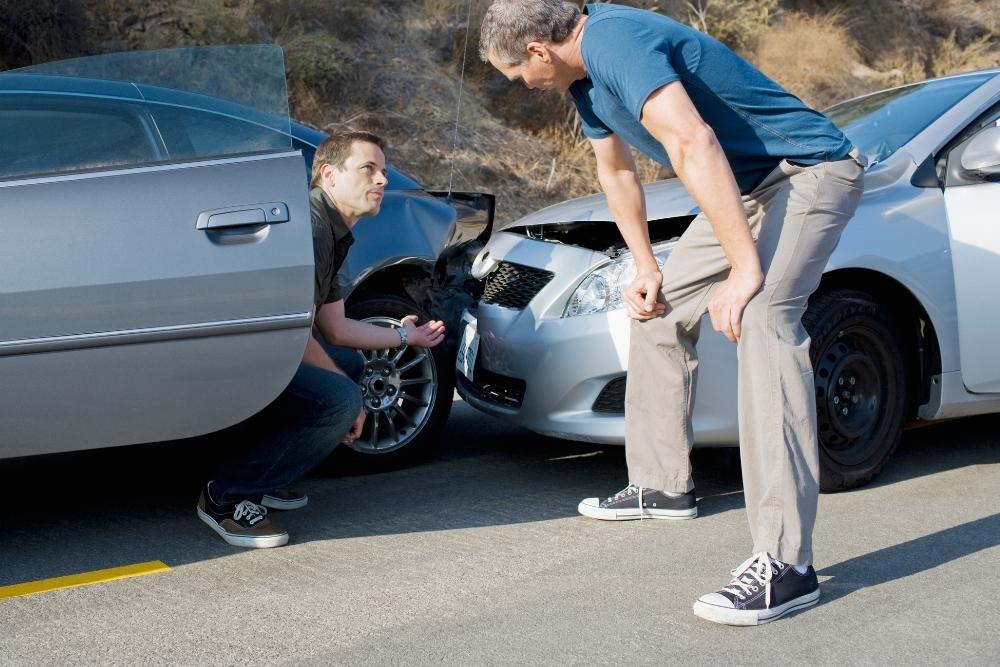


There are frequently more questions than answers following a vehicle accident. For example, how long do you wait before bringing your car in for repairs? How do you cover the cost? Do you have to put the funds from an insurance claim to use?
It might be challenging to know where to look for valuable and accurate information when dealing with insurance claims, potential injuries, and damage to your vehicle. This article's primary goal is to dispel misinformation and address your inquiries about fixing your car after an accident. However, there are a few considerations before choosing this path.
Insurance providers vary when it comes to reporting and utilizing your policy benefits. It's generally a good idea to get in touch with your insurance provider immediately after an accident. The sooner the process is started, the better.
Not only will your car be fixed more quickly, but you'll still remember the specifics of the collision. Once you've gotten in touch with your insurance provider and made a claim, you'll be given a claims adjuster who will help you navigate the procedure.
You might wish to perform the repairs yourself if the damage is not too severe and you are reasonably handy. You are permitted to try to repair the damage yourself if your car is free of any liens and you own it outright. This is not advised, though, for any damage other than tiny ones.
Car body shops typically discover hidden damage after they start repairs (damage that you might overlook if you don't know what to look for), and some fixes call for specialist tools and equipment. You won't be able to make the repairs yourself if your vehicle is subject to a lien because your lender will want them made by a qualified business.
Even if you own your car and don't have to take it to a specific shop for repairs, your insurer can still be suspicious of any DIY fixes you do. As a result, if you decide to handle the repairs yourself, your insurance can choose to stop offering you comprehensive or collision coverage.
In these circumstances, the modest amount of money you'll save by making the repairs yourself might not be worthwhile. In the long run, it can potentially cost you a lot more.
If you choose to undertake the work yourself, it's a wise idea to have an adjuster assess the damage and provide you with an estimate before you start. This is a crucial action. It gives you and your insurer a clear sense of what constitutes a fair settlement of the damages.
If you botch the repair, you'll be responsible for paying for further maintenance, not your insurer or the repair shop.
Finding out if you are permitted to fix the vehicle yourself after making a car insurance claim is one thing you want to accomplish. However, you don't want to make the repairs yourself to learn that your auto insurance does not cover them and that you will have to pay for everything out of pocket.
If you are looking for automobile insurance, contact our team today. Our agents at Kneller Insurance Agency will be able to provide you with correct information about whether it is safe for you to proceed with repairs or not.